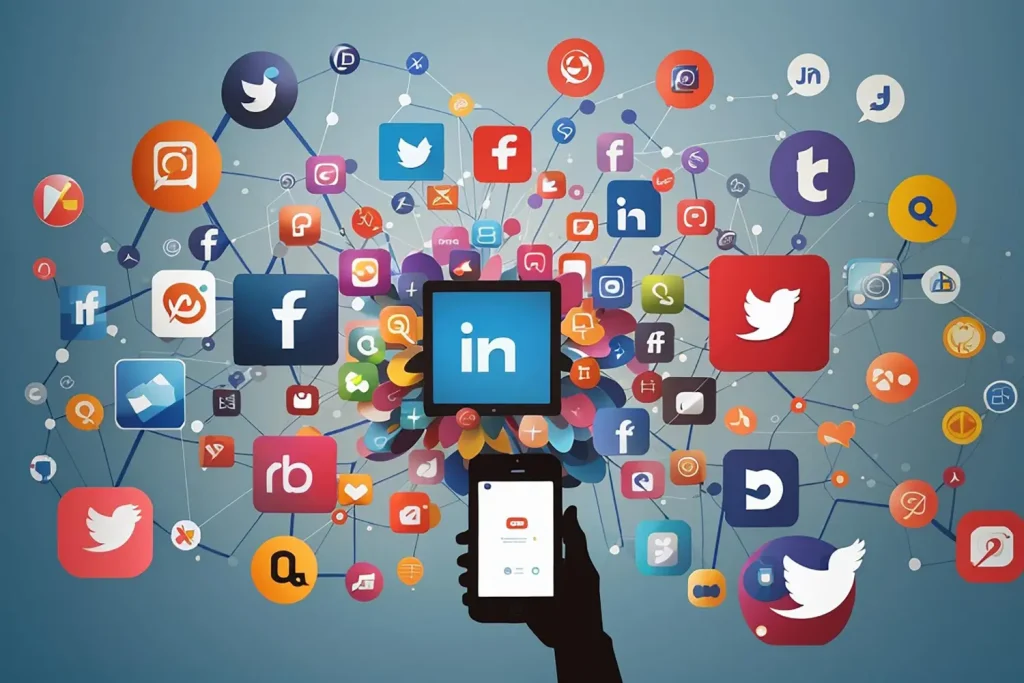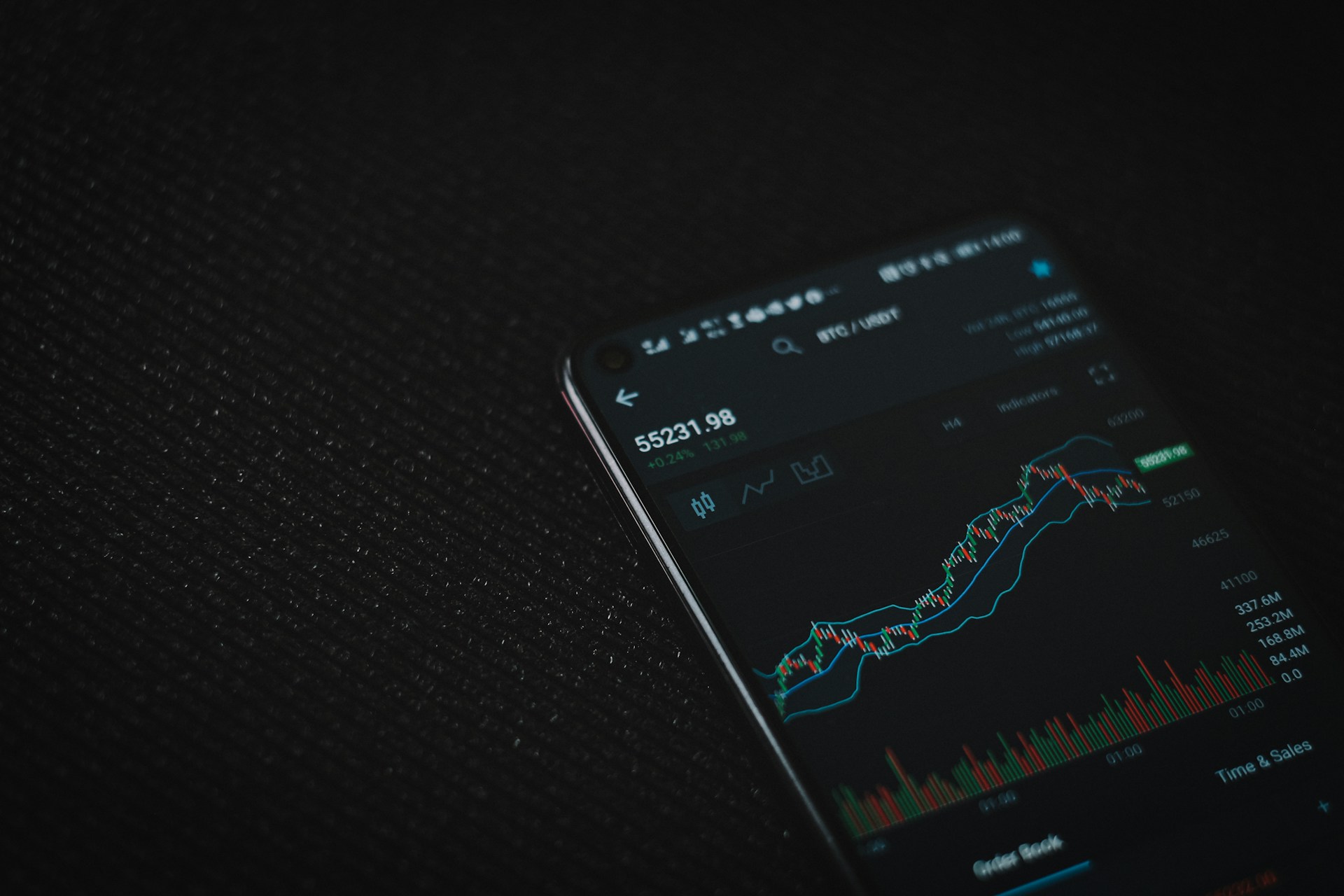Social media has transformed from a simple communication tool into one of the most powerful forces shaping modern life. Platforms like Facebook, Instagram, TikTok, Twitter (now X), LinkedIn, and YouTube have redefined how we connect, consume information, and build communities. What began as a way to stay in touch with friends has grown into a global ecosystem influencing politics, business, education, entertainment, and even mental health.
This article explores the evolution of social media, its benefits, challenges, and its future role in shaping societies and economies worldwide.
The Evolution of Social Media
The concept of social networking dates back to the early 2000s with platforms like Friendster and MySpace. These sites pioneered the idea of creating online profiles and connecting with others based on shared interests. However, the real shift came with Facebook in 2004, which introduced a user-friendly design, the “like” button, and a sense of identity through personal timelines.
The following decade saw explosive growth:
- Twitter (2006): Brought microblogging and real-time updates.
- Instagram (2010): Popularized photo sharing and visual storytelling.
- TikTok (2016): Revolutionized short-form video content.
- LinkedIn: Became the go-to platform for professional networking.
Today, social media has evolved into a multi-billion-dollar industry, with platforms generating revenue primarily through targeted advertising and influencer-driven content.
Cloudysocial.com—A Modern Hub for Digital Growth
Cloudyssocial .com is emerging as a versatile platform dedicated to helping businesses and individuals maximize their social media presence. Positioned as more than just a social media service provider, it offers tools, insights, and strategies tailored to the fast-changing digital landscape. Whether it’s boosting engagement, improving brand visibility, or streamlining content management, Cloudyssocial .com focuses on delivering practical solutions that enhance online growth. With its emphasis on user-friendly features and trend-driven approaches, the platform has become a valuable resource for startups, entrepreneurs, and brands aiming to thrive in today’s competitive online ecosystem.
Benefits of Social Media
1. Global Connectivity
Perhaps the most celebrated benefit is the ability to connect people across continents in seconds. Families separated by distance can share daily updates, businesses can reach customers in different time zones, and individuals can build friendships with like-minded people worldwide.
2. Business and Marketing Opportunities
Social media has become an essential marketing tool. Small businesses can compete with large corporations by leveraging Instagram ads, Facebook groups, or TikTok trends. Influencer marketing has also emerged, where individuals with strong online followings collaborate with brands to promote products, creating trust-driven advertising.
In recent years, social media platforms, boasting massive global user bases and real-time interactivity, have become fertile ground for the rapid rise of influencer marketing. Influencers leverage their trusted relationships with followers to make product promotions feel authentic and relatable.
Complementing this strategy, Custom Keyrings stand out as practical, cost-effective gifts for product promotion. Compact, daily-use items can be personalized with brand logos, slogans, or campaign themes. When distributed via influencers, these keyrings not only delight recipients but also act as portable, long-lasting brand reminders, further amplifying the impact of influencer-driven promotions.
3. Education and Awareness
From free tutorials on YouTube to Twitter threads about science, social media democratizes knowledge. It has also been instrumental in raising awareness about social issues such as climate change, gender equality, and human rights, mobilizing millions to participate in global movements.
4. Personal Branding
Individuals now have the power to shape their digital identities. Platforms like LinkedIn allow professionals to showcase achievements, while Instagram and TikTok give artists, entrepreneurs, and creators a stage to highlight their work.
5. Entertainment and Creativity
Social media has unlocked a creative explosion. Memes, reels, challenges, and digital art dominate platforms, providing endless entertainment. It also gives talented creators opportunities to monetize their skills and reach audiences without needing traditional media outlets.
Challenges and Pitfalls
1. Misinformation and Fake News
One of the biggest criticisms of social media is its role in spreading misinformation. Viral posts, often unchecked, can shape public opinion, spread panic, or even influence elections. Algorithms designed to maximize engagement often amplify sensational content over accurate information.
2. Mental Health Concerns
Excessive social media use has been linked to anxiety, depression, and low self-esteem. The culture of comparison—seeing curated highlights of others’ lives—can lead to feelings of inadequacy, particularly among teenagers and young adults.
3. Privacy and Data Security
Platforms collect vast amounts of user data for targeted advertising. While this makes ads more relevant, it raises serious concerns about privacy breaches, misuse of personal data, and surveillance.
4. Addiction and Reduced Productivity
The addictive design of platforms—notifications, infinite scrolling, and algorithmic feeds—keeps users hooked. This can harm productivity, relationships, and even sleep patterns.
5. Cyberbullying and Online Harassment
Anonymity on the internet has emboldened negative behavior. From hate speech to cyberbullying, many users face harassment, which can have devastating consequences, especially for vulnerable groups.
Social Media and Business Transformation
Social media is no longer optional for businesses—it’s essential. Companies now use it for:
- Brand Awareness: Regular posts, ads, and collaborations increase visibility.
- Customer Engagement: Quick responses via Twitter or Facebook Messenger enhance customer service.
- Market Research: Analytics tools track user behavior, helping businesses understand preferences.
- E-commerce Integration: Platforms like Instagram and TikTok now feature direct shopping options, merging social interaction with online retail.
The rise of influencers has also created a new economy. From lifestyle bloggers to gaming streamers, influencers act as modern-day advertisers, often more effective than traditional ads because they connect with audiences authentically.
Social Media and Politics
The impact of social media on politics is undeniable. Platforms have been used for:
- Campaigning: Candidates directly engage with voters.
- Activism: Hashtags like #BlackLivesMatter and #MeToo mobilized millions.
- Propaganda: Unfortunately, social media is also a tool for spreading divisive narratives and manipulating public sentiment.
Governments worldwide are now grappling with how to regulate platforms while respecting freedom of speech.
The Future of Social Media
Looking ahead, social media will likely continue evolving in ways that blur the line between the digital and physical worlds.
- AI and Personalization: Artificial intelligence will further tailor content to individual preferences, but this could deepen echo chambers.
- Virtual Reality (VR) and Metaverse: Platforms like Meta (formerly Facebook) are already pushing toward immersive digital spaces where users interact in virtual worlds.
- Decentralization: Blockchain-based social networks could give users more control over data and monetization.
- Greater Regulation: Governments may enforce stricter laws around misinformation, privacy, and harmful content.
How to Use Social Media Wisely
To maximize benefits while minimizing risks, individuals can adopt healthier social media habits:
- Set Time Limits: Avoid endless scrolling by setting daily usage caps.
- Verify Information: Cross-check news before sharing.
- Curate Your Feed: Follow accounts that inspire and add value, not stress.
- Engage Positively: Use platforms to connect, learn, and share rather than argue or compare.
- Protect Your Privacy: Adjust settings to control data sharing and be mindful of what you post.
Conclusion
Social media is a double-edged sword—capable of connecting the world, empowering businesses, and democratizing information, yet equally capable of spreading misinformation, harming mental health, and invading privacy.
Also Read: Reliable Commercial Garage Door Repair Solutions with Door Dorks!


